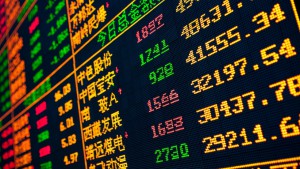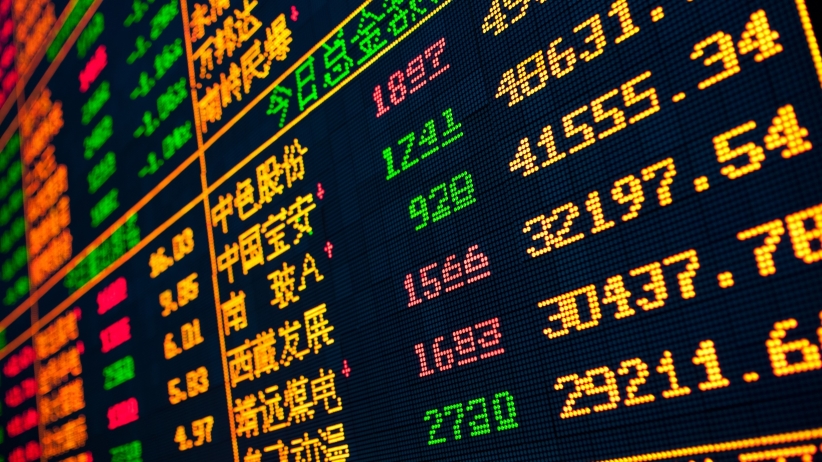The Chinese stock markets operate on Tuesday without marginal loans for the short term, with the entry into force of a new restriction purse regulator about using these credits in order to reduce market volatility.
The move, reported by the Shanghai and Shenzhen exchanges and which was approved by the Regulatory Commission Stock Exchange, controls the marginal trade (the bags brokerage firms that lend money to its customers to invest on the floor), a practice that is there months in the sights of the authorities.
The general index of the Shanghai Stock Exchange, the main indicator of Chinese trading sessions, rose today 3.69% after the release of the new standards, and the Shenzhen Stock Exchange was up 4.52%.

Chinese Vice Minister of Public Security Meng Qingfeng, said on July 9 that the police would investigate possible cases of “selling short malicious” during this period of losses on the exchange.
The opening of this investigation, which added to the purse regulator and strong intervention from Beijing in the markets temporarily stabilized the bags and interrupted his negative sequence.
However, on July 27, the Shanghai Stock Exchange fell 8.48%, its biggest drop in one day in eight years, which fired again doubts about the effectiveness of measures taken by Beijing.
Before going into crisis, there is a month and a half, the Chinese stock markets had risen over 150% in just one year, 60% since the beginning of 2015.
Meanwhile, the Shanghai and Shenzhen exchanges suspended the activities of 34 investment accounts for unusual transactions, the last four late on Monday, and warned that continue to follow any strange movement.
